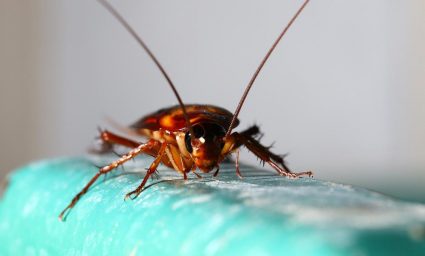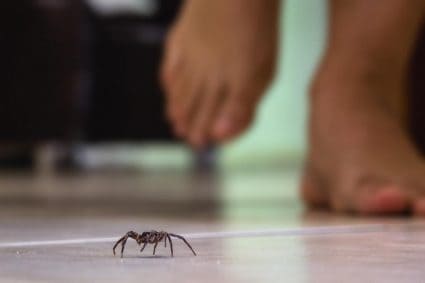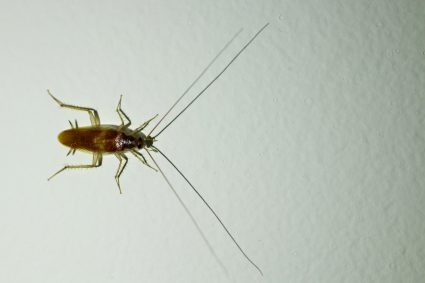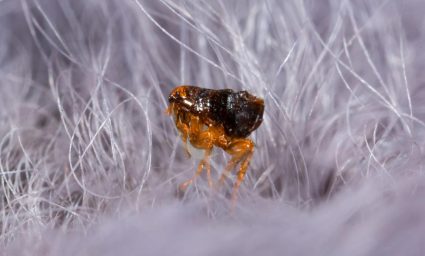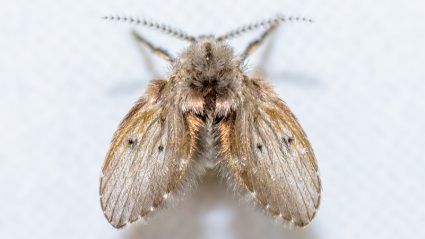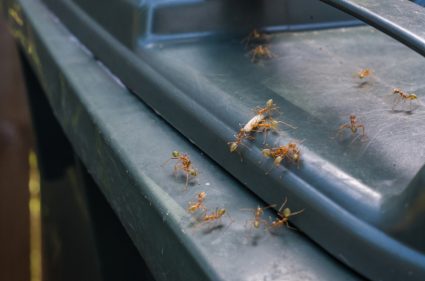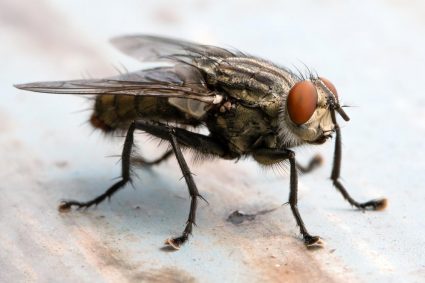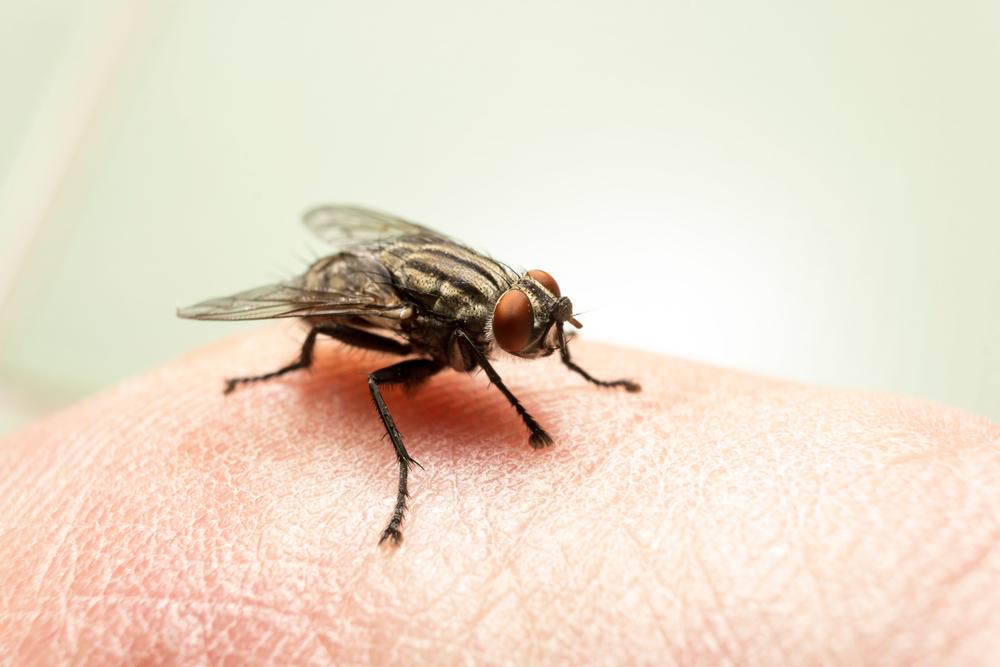
Gnats are tiny, pesky insects that can infest our homes, especially in warm, humid conditions. Often found around houseplants, drains, and fruits, their presence can be a nuisance. But can a common household item like dish soap help control these bothersome bugs? The short answer is yes. Dish soap, when used in combination with other ingredients, can effectively trap and kill gnats.
Yes, dish soap can kill gnats. When used in combination with other ingredients like vinegar or apple cider vinegar and sugar, it creates an effective trap that lures, traps, and drowns the gnats. However, it’s important to use this method carefully as direct application of dish soap on plants can harm them.
What Are Gnats?
Gnats are small flying insects belonging to the dipterid suborder Nematocera. They can be both biting and non-biting insects and are often found flying in large numbers, called clouds. The most common types of gnats found in homes are fungus gnats, eye gnats, drain flies, and buffalo gnats.
How Does Dish Soap Work Against Gnats?
Dish soap works against gnats by trapping and drowning them. When combined with other ingredients like vinegar or apple cider vinegar and sugar, dish soap creates an effective gnat trap. The vinegar and sugar act as a lure for the gnats due to their sweet scents, while the sticky and thick soap traps and drowns the pesky bugs.
Creating a Gnat Trap with Dish Soap
Creating a gnat trap with dish soap is quite simple. All you need is apple cider vinegar, Dawn dish soap, sugar, and water. Combine these ingredients in small jars or bowls and cover them with plastic wrap. Poke holes in the plastic wrap to allow the gnats to enter. The vinegar and sugar will attract the gnats, while the dish soap will trap and drown them once they make contact with the solution.
The Science Behind Dish Soap’s Effectiveness
Dish soap’s effectiveness in killing gnats is due to its surfactants, which break the surface tension of the liquid, making it difficult for the gnats to escape once they land on the surface. When mixed with apple cider vinegar, water, and sugar, dish soap becomes a powerful gnat trap.
Potential Risks of Using Dish Soap
While dish soap can be an effective solution for killing gnats, it’s important to note that using it directly on plants can have some negative effects. Dish soap works by dissolving greasy chemicals like oils, fats, and waxes, and it is a powerful degreaser. When sprayed on plants, it removes the natural oils and waxes that protect the leaves, making it easier for pathogens to infect the plants.
Preventative Measures to Avoid Gnat Infestation
To prevent a gnat infestation in your home, consider measures like controlling humidity and moisture, properly storing fruits and vegetables, maintaining cleanliness, installing screens on windows, managing houseplants, maintaining outdoor spaces, and using preventive traps.
Other Household Items to Get Rid of Gnats
Besides dish soap, there are several other household items and methods you can use to get rid of gnats. These include apple cider vinegar traps, leftover wine traps, yellow sticky traps, food-grade diatomaceous earth, hydrogen peroxide solution, essential oil sprays, vanilla extract repellent, and gnat-repelling plants.
In conclusion, while dish soap can help kill gnats, it’s crucial to address the root causes of the infestation and take preventative measures to avoid future infestations. If the infestation persists or worsens, it may be necessary to seek professional assistance from pest control services.
Frequently Asked Questions
What is the ratio of ingredients to use in the gnat trap?
A common ratio is 2 cups of apple cider vinegar, 1 tablespoon of sugar, 1 tablespoon of dish soap, and 1/2 cup of water. However, the exact amounts can vary based on the size of your container.
How often should I replace the solution in the gnat trap?
You should replace the solution once it becomes full of gnats. This can be anywhere from every few days to once a week, depending on the severity of your gnat infestation.
Can I use any type of dish soap for the gnat trap?
Yes, any type of dish soap should work. The soap acts as a surfactant, breaking the surface tension of the liquid and trapping the gnats.
Are there any alternatives to using dish soap if I am concerned about harming my plants?
Yes, you can use insecticidal soap, which is specifically designed to be safe for plants, instead of dish soap. You can also use traps that don’t require soap, such as yellow sticky traps.
What are some gnat-repelling plants I can use?
Some plants that are known to repel gnats include citronella, marigolds, lavender, lemongrass, and basil.

